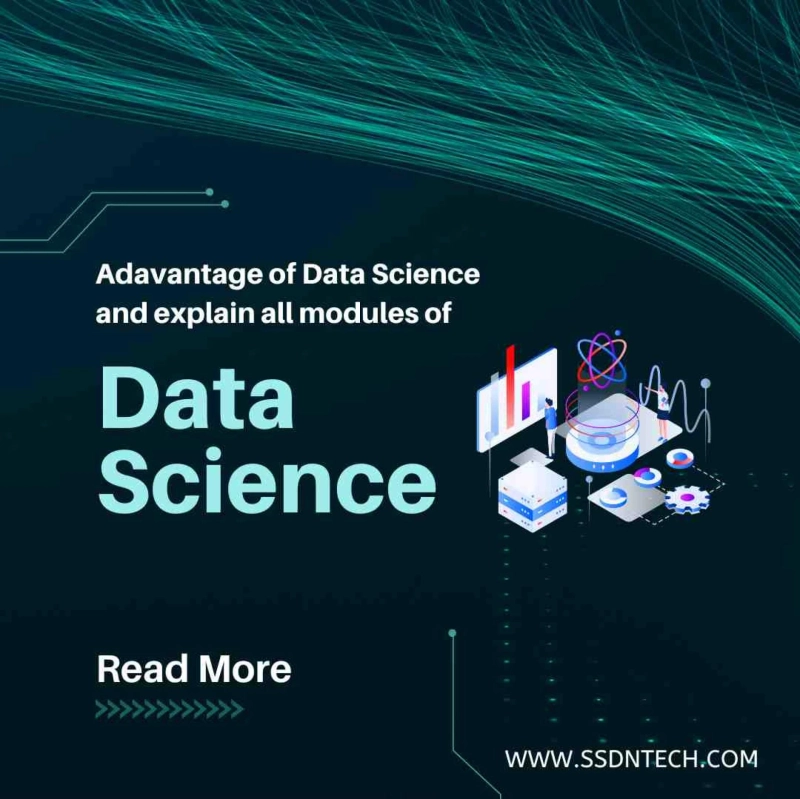Adavantage of Data Science and explain all modules of Data Science
Data Science is a multidisciplinary field that involves the use of statistical, mathematical, and computational techniques to extract insights and knowledge from data.


Data Science is a multidisciplinary field that involves the use of statistical, mathematical, and computational techniques to extract insights and knowledge from data.

